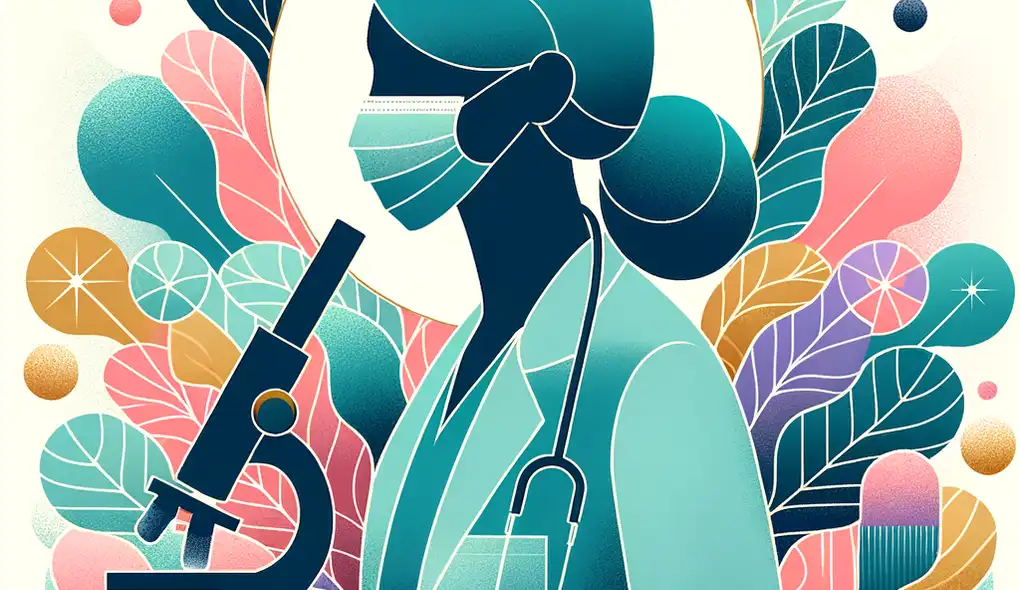How do you handle situations where test results are unexpected or ambiguous?
Clinical Laboratory Technologist Interview Questions
Sample answer to the question
When faced with unexpected or ambiguous test results, I approach the situation by first reviewing the data and comparing it with the expected outcomes. I pay attention to any unusual patterns or inconsistencies in the results. If necessary, I consult with my colleagues or the lab supervisor to gather different perspectives and insights. Collaboration is key in these situations. We discuss possible reasons for the unexpected or ambiguous results and brainstorm potential solutions. Additionally, I am adept at using the laboratory information system (LIS) to track and analyze test results, which can help identify any errors or anomalies. With my strong analytical and critical thinking abilities, I am able to assess the situation objectively and determine the best course of action.
A more solid answer
When faced with unexpected or ambiguous test results, I immediately go into troubleshooting mode. I carefully review all the steps and processes involved in the test, paying close attention to any potential sources of error. I also consult the laboratory information system (LIS) to cross-reference the results and ensure accuracy. If necessary, I collaborate with colleagues or the lab supervisor to discuss and analyze the results. For example, in a previous role, we encountered ambiguous test results in a patient's blood sample. After reviewing the data and consulting with my team, we discovered that the sample had been contaminated during the collection process. We immediately took corrective actions and re-ran the test using a new sample. This attention to detail and quick problem-solving skills allowed us to provide accurate results and maintain the integrity of the lab's testing process.
Why this is a more solid answer:
The solid answer provides specific details about the candidate's troubleshooting approach to handling unexpected or ambiguous test results. It includes an example from their past experience that demonstrates their attention to detail and problem-solving skills. However, the answer could be improved by further elaborating on their collaboration and communication skills and providing additional examples of how they have successfully resolved similar situations.
An exceptional answer
When faced with unexpected or ambiguous test results, I follow a systematic approach to identify the root cause and find a solution. First, I carefully review the test protocols and lab procedures to ensure that all steps were followed correctly. I also check the equipment calibration and maintenance records to rule out any technical issues. If necessary, I consult with the lab team, including other technologists and supervisors, to gather different perspectives and insights. Communication is crucial in these situations, as it helps to uncover potential errors or discrepancies. In a previous role, we encountered unexpected test results that initially appeared to be due to a technical error. However, through collaboration and thorough investigation, we discovered that the deviation was caused by a new medication that the patient was taking, which affected the test results. This finding had significant implications for the patient's treatment plan, and we immediately communicated the discovery to the healthcare provider. This example reflects my ability to think critically, communicate effectively, and contribute to patient care through accurate and reliable laboratory testing.
Why this is an exceptional answer:
The exceptional answer demonstrates the candidate's systematic approach, strong attention to detail, and effective communication skills. It also includes a specific example that showcases their critical thinking abilities and impact on patient care. The answer provides a comprehensive response to the question, addressing all the evaluation areas in the job description. Additionally, the candidate could further enhance their answer by incorporating more examples of their experience in handling unexpected or ambiguous test results and showcasing their leadership and decision-making abilities in such situations.
How to prepare for this question
- Familiarize yourself with common sources of errors in lab testing and understand how to troubleshoot them.
- Develop strong analytical and critical thinking skills to identify patterns and anomalies in test results.
- Practice effective communication and collaboration with colleagues to gather different perspectives and insights.
- Stay updated with the latest advancements in laboratory techniques and equipment to enhance problem-solving capabilities.
- Prepare examples from your past experience where you have successfully handled unexpected or ambiguous test results.
What interviewers are evaluating
- Analytical and critical thinking abilities
- Attention to detail
- Ability to work under pressure
- Communication skills
- Experience with laboratory techniques and equipment
Related Interview Questions
More questions for Clinical Laboratory Technologist interviews